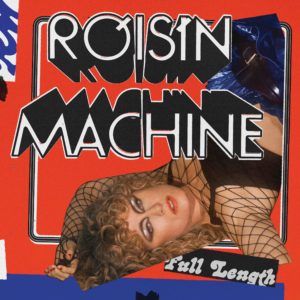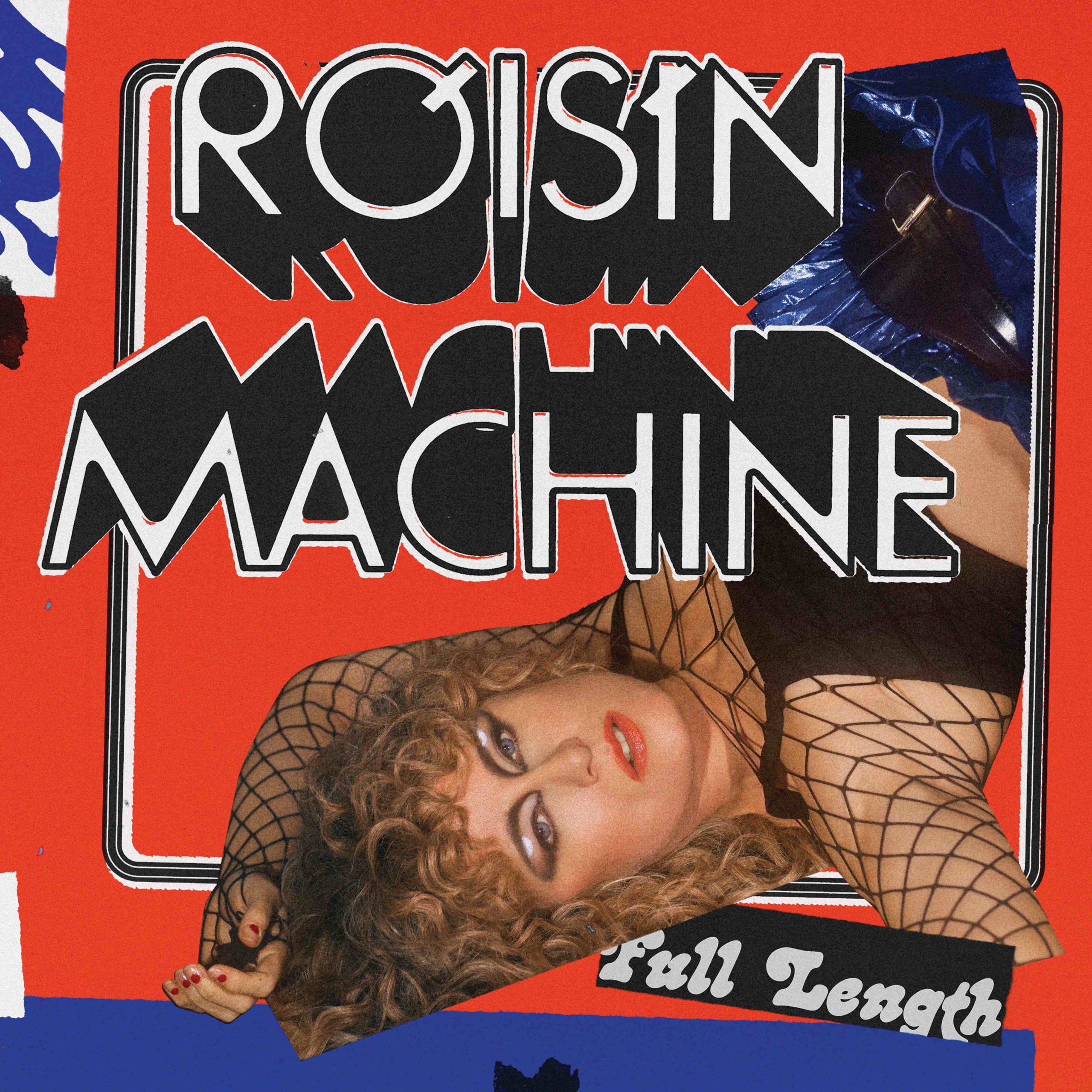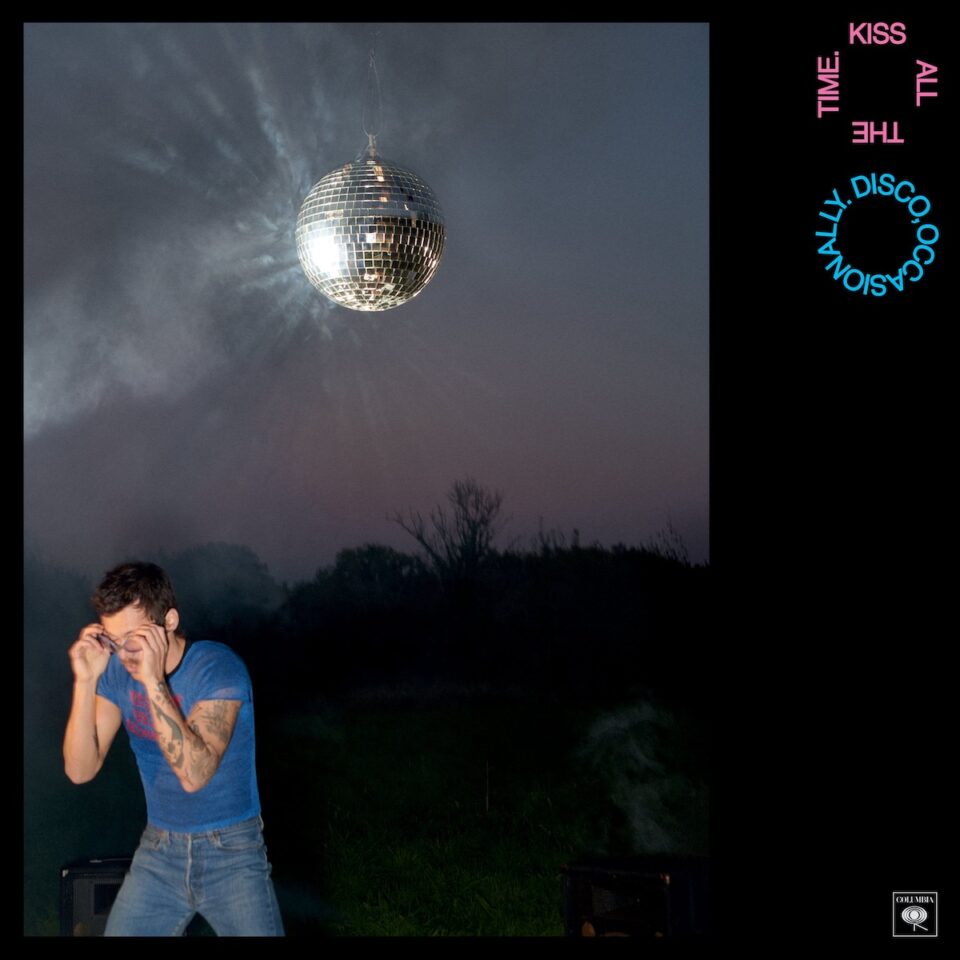Róisín Murphy
Róisín Machine
SKINT/BMG
8/10
The sound of Róisín Machine, the rapturous new album by Róisín Murphy, feels intimately familiar and, at the same time, alien. It’s like catching a whiff of an old lover’s cologne. Murphy’s estranged universe is a disco utopia—sweaty nights in neon-streaked rooms, sizzling synths, sun-drenched poolsides, and dancing, dancing, dancing. Murphy holds dominion over this paradise, charismatic as ever, enriched by DJ Parrot’s vibrant instrumentals. Midway through the album, Murphy balks at any person (or perhaps virus) that would blockade her groove: “How dare you sentence me / To a lifetime without dancing,” she lilts, “When my body’s meant for feeling.”
Murphy’s dry wit and commanding voice have cemented her as an underground dance music luminary for years. But nowhere has that charm resonated more than on her turn as baroness of beats on Róisín Machine. “I feel my story is still untold,” she soliloquizes on album opener “Simulation.” She concludes, “But I’ll make my own happy ending,” as mournful strings melt into bouncing beats and slinky hi-hats. Murphy’s vocals take both forefront and breathy supporting role through the dance floor stomper. Similarly, Murphy’s voice is mischievous and decadent on standout single “Narcissus.” As she repeats the song’s title through the refrain, she savors the sound of it in her mouth, extracting every last drop. Her bombastic personas feel fully of this dance planet.
Her singing and Parrot’s blend of slick rhythm guitar, sharp strings, and varied percussion coalesce into a playfully hedonistic throughline that feels more than welcome in 2020. The best display of this formula lands on “Something More,” a luxurious ode to excess. “A crown upon my head, ten lovers in my bed / But I want something more,” Murphy muses amid rubbery bass and clacking percussion. One can envision her bored, in oversized sunglasses, chiffon dress whipping up in a breeze. The flow of the song, too, is pristine. The last passage culminates in a major high: windy strings and funky keyboard that feel native to a light-up dance floor. This patient, blooming flow is thematic of practically the entire album. From the wide-mouthed, Greek chorus drama of “Kingdom of Ends” to the house-shaking freakout of album closer “Jealousy.” Róisín Machine scarcely repeats itself and always clings to a light, endearing narrative.
One conspicuous casualty of the record’s smooth flight is song endings. Often, like on “Narcissus” and “Shellfish Mademoiselle,” the lush arrangements conclude in a dull fade out. This does give the record a sort of faux continuity, but ultimately endows the songs with a chain link effect that makes it harder to stand on their own. This is most apparent on the lead single, and one of Murphy’s best songs, “Incapable.” The original, extended mix of the dance track has delicious build-up and plenty of time to sway after the synth beat drops. The album version, on the other hand, ends just as the song gains momentum. It’s a strange choice, but thankfully there are enough stellar tracks to enrich the vacancy.
In a musical landscape of trendy disco revival projects, Murphy’s seasoned demeanor ensures her record’s individuality. Murphy has always produced bold art-pop albums with magnetic personality, but Róisín Machine is undeniably the most cohesive, least ambiguous statement she’s made. It’s a prescient remedy to contemporary woes and an addictively listenable collection of songs. It’s an invitation to don the persona—like the outfit you haven’t worn since March—and dance like those club doors have swung back wide open.







